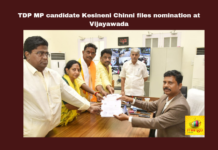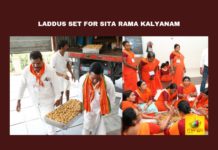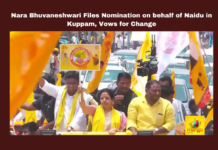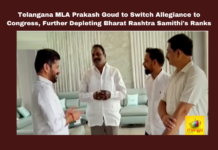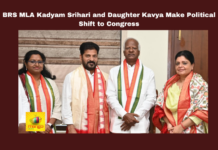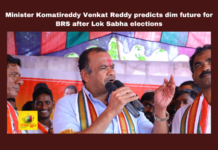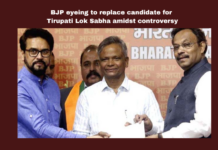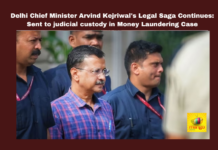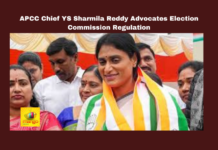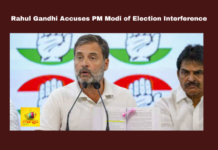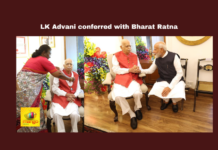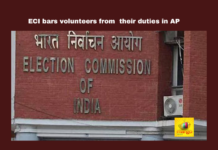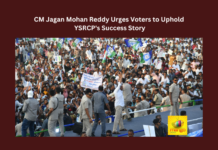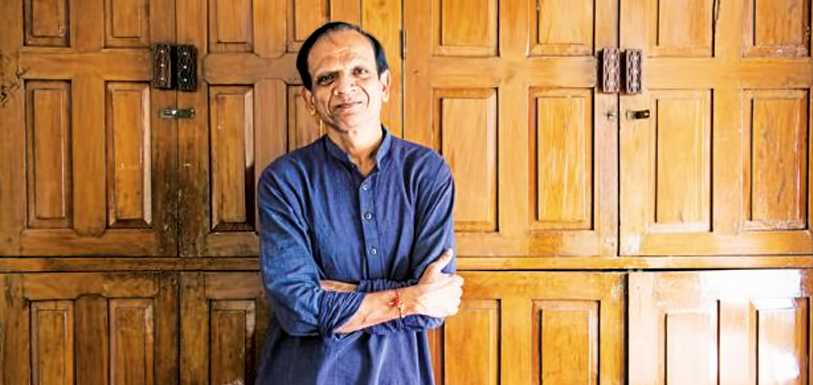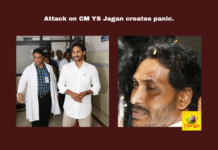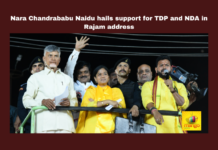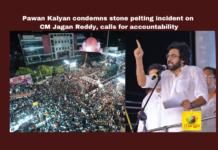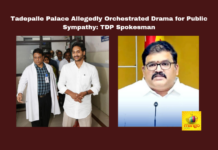November 8, the day government announced demonetisation and the decision to curb the higher value notes of 500 and 1000 rupees, many citizens rejoiced. The first step to curb black money was welcomed by many and primarily among them was Anil Bokil and his think tank team at Arthakranthi which is based in Pune. A chartered accountant by profession he has been working on the five-point plan, of curbing black money and increasing monetary value for the past 16 years. Though elated about the decision in the beginning, two weeks down the lane Anil Bokil sounds dissatisfied with this initiative and steped back from the claim of their brainchild, demonetisation.
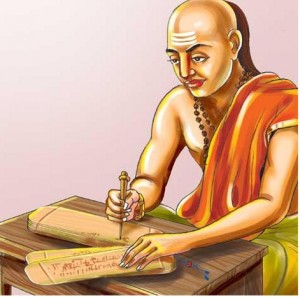

- Withdrawal of existing tax system, except customs i.e. import duties.
(All Taxes and Duties of Central, State and Local body Government except customs or import duties which functions as International Trade Balancer).
- All Transactions must be routed through banks. This will attract deductions in the right percentages, known as Bank Transaction Tax or BTT.
- This deduction is to be effected on receiving/credit accounts only.
- This deducted amount will be credited to different Government levels like Central, State, and Local
(say 0.7%, 0.6%, 0.35% respectively). - Transacting Bank will also have its share in this amount as the bank has a key role to perform
(say 0.35%).
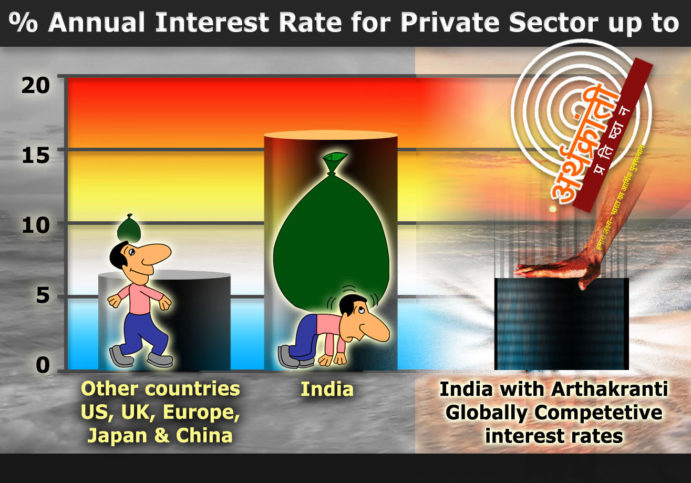

- Withdrawal of High denomination currency.
- Cash transactions will not attract any transaction tax
- The government should make legal provisions to restrict cash transactions up to a certain limit i.e. Rs.2000. This means, Cash Transactions above this limit will NOT enjoy any legal protection.
Anil Bokil explains the math involved to the Financial daily: “As per 2015-16 Budgetary Estimates, the tax revenue of the central and state governments was roughly Rs. 20 lakh crore, plus Rs. 1 lakh crore more for the local bodies like municipal corporations. However, as per the Reserve Bank of India estimates, the average monthly bank transaction volume is Rs. 120 lakh crore. Therefore, the same level of tax revenue can be generated through putting a BTT of only 1 per cent.” He added about people not understanding such simple concept that “Our society has become so complex that it cannot take simple thoughts anymore. We are happy going against gravity, but not falling towards gravity. You don’t need a big key to open a big lock.” Bokil also claims that Chandrababu Naidu even incorporated some of the suggestions of ArthaKranti in his election manifesto. Though many were skeptical about these plans, the Prime Minister Narendra Modi was quite impressed and the 10-minute meeting turned into a 90-minute session. The last meet was in February 2016, which was six months before he took a leaflet out their plan and decided to implement it.

